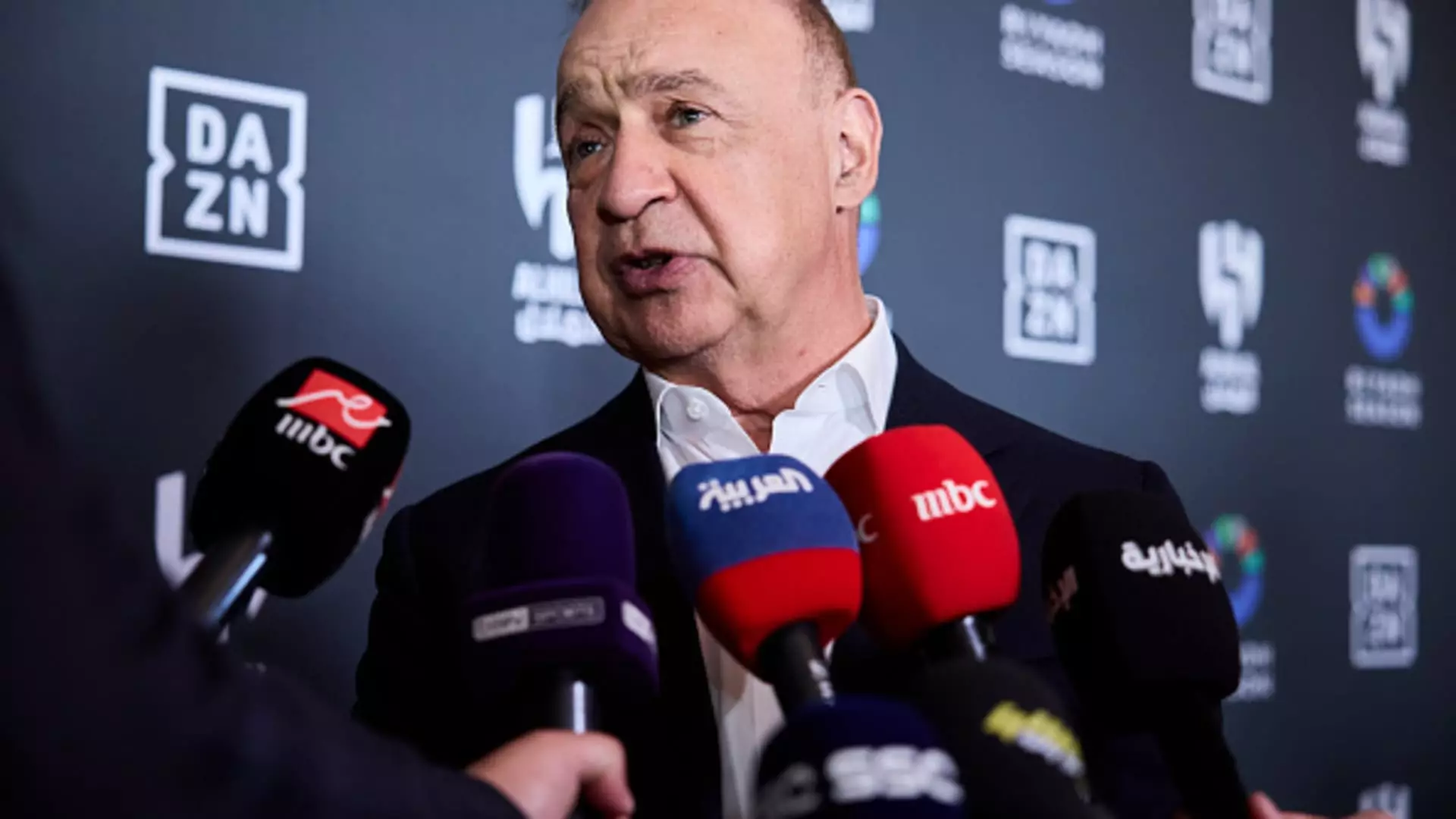March 2023 has proven to be a tumultuous month for the world of ultra-wealthy investors—a group that often thrives on volatility but finds itself stifled by it. As President Trump’s tariff policies loom like a storm cloud over financial markets, private investment firms, typically the stalwarts of innovation and expansive growth, have dramatically curtailed their deal-making activities. This month witnessed a staggering 45% decline in direct investments by single-family offices compared to the previous year—a prompt reflection of the palpable anxiety rippling through the elite investment community.
The data from Fintrx, a platform dedicated to private wealth analytics, reveals this significant downturn as single-family offices completed just 40 direct investments in March. A closer examination elucidates that this figure is not merely a number; it represents an ongoing confidence crisis among investors who typically operate with decisive aggression. Such a blatant retreat raises critical questions regarding the resilience of oligarchic investment strategies, particularly in the face of escalating global trade tensions.
The Lingering Effects of Tariffs
Aforementioned tariffs enacted by the Trump administration have sent waves of uncertainty throughout various industries interconnected with wealth management. With threats of a 10% baseline duty levied against nearly all countries, and rates soaring to an alarming 46% for nations like Vietnam, investors are left to grapple with the tangible repercussions of this trade war.
Experts in the field, such as Vicki Odette of Haynes Boone, have noted that many family offices are engaged in a precarious balancing act—waiting and watching as they reassess potential impacts on their investments. It is precisely this hesitation that marks a troubling departure from the rapid-fire decision-making typical of family offices. These families are certainly not lacking in capital; rather, they exhibit an understandable reluctance to deploy it in such an unstable environment.
Exceptions That Provoke Questions
Despite the overall downturn, some family offices have ventured forward with investments—though it begs the question of why certain entities are willing to step into the fray amid this heightened caution. For instance, Euclidean Capital, the family office of the late hedge-fund wizard Jim Simons, made headlines by participating in a $60 million fundraising round for Zeitview. This startup leverages drone technology and artificial intelligence to perform critical inspections on infrastructure, tapping into sectors poised for future growth.
But these exceptions also fuel skepticism. Is the willingness to invest by a select few merely a calculated risk, or are they gambling on a recovery that the majority are not prepared for? The disparity in actions among family offices illustrates a broader rift in strategic thinking, hinting at the existence of deeper dissonances within the elite investment community.
Shifting Tides Towards Private Credit
Amid the prevailing dread surrounding market volatility and operational instability, there’s a subtle yet remarkable shift towards acquiring stakes in private credit funds, specifically those dealing with short-term loans. This inclination highlights a strategic pivot in which family offices are aiming to cultivate stability and predictability in volatile times.
While a traditional grasp of equity investments has served these families well for years, the evolving landscape paints a different picture as resiliency necessitates a revamped approach. The decentralized nature of private credit may indeed seem attractive; however, one must ponder whether this trend signifies a temporary measure or an enduring overhaul of investment strategies.
Global Observations and the Future of Wealth
It’s not just American family offices that are confronting these turbulent seas; wealthy families from the Middle East have expressed similar concerns. As they pause their investments in U.S. and European ventures, the implications of American policy shifts on global markets hang heavily in the air. Their cautious gaze towards the United States speaks volumes about the interconnectedness of global wealth and the volatile nature of financial relationships.
The decline in investment activity among family offices should serve as a wake-up call, an indication that even those standing atop the financial pyramid are susceptible to erosion caused by uncertainty. As they ponder their next moves in these challenging waters, one can only speculate about the far-reaching effects on market dynamics and the commercialization of capital moving forward.

